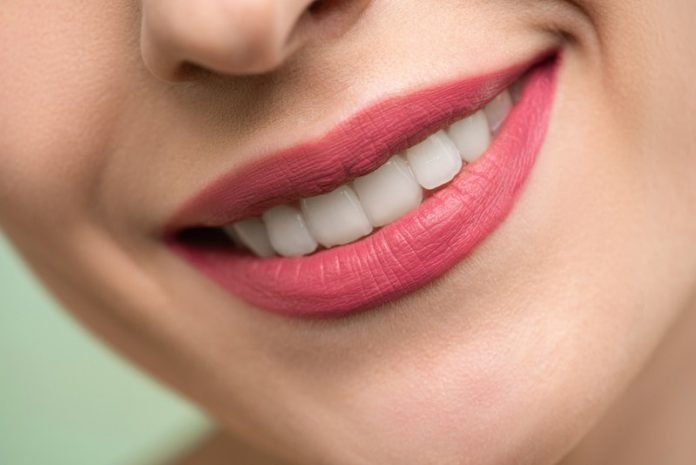
Oral bacteria are ready to spring into action the moment a dental hygienist finishes scraping plaque off a patient’s teeth.
Eating sugar causes the bacteria to quickly rebuild this tough and sticky biofilm and to produce acids that corrode tooth enamel, leading to cavities.
In a new study, researchers report a treatment that could someday stop plaque and cavities from forming in the first place, using a new type of cerium nanoparticle formulation that would be applied to teeth at the dentist’s office.
The mouth contains more than 700 species of bacteria. They include beneficial bacteria that help digest food or keep other microbes in check.
They also include harmful streptococcal species, including Streptococcus mutans. Soon after a cleaning, these bacteria stick to teeth and begin multiplying.
With sugar as an energy source and building block, the microbes gradually form a tough film that can’t easily be removed by brushing.
As the bacteria continue metabolizing sugar, they make acid byproducts that dissolve tooth enamel, paving the way for cavities.
Dentists and consumers can fight back with products including stannous fluoride to inhibit plaque, and silver nitrate or silver diamine fluoride to stop existing tooth decay.
Although bactericidal drugs such as these have their place in dentistry, repeated applications could lead to both stained teeth and bacterial resistance.
Also, these drugs are not selective, so they kill many types of bacteria in your mouth, even good ones.
In the study, the team wanted to find an alternative that wouldn’t indiscriminately kill bacteria in the mouth and that would help prevent tooth decay, rather than treat cavities after the fact.
They turned to cerium oxide nanoparticles.
The team produced their nanoparticles by dissolving ceric ammonium nitrate or sulfate salts in water. They found that the formulation reduced biofilm growth by 40% compared to plates without the nanoparticles.
The advantage of this treatment is that it looks to be less harmful to oral bacteria, in many cases not killing them.
Instead, the nanoparticles merely prevented microbes from sticking to polystyrene surfaces and forming adherent biofilms.
In addition, the nanoparticles’ toxicity and metabolic effects in human oral cells in petri dishes were less than those of silver nitrate.
For now, the team is experimenting with coatings to stabilize the nanoparticles at a neutral or slightly basic pH—closer to the pH of saliva and healthier for teeth than the present acidic solution.
One author of the study is Russell Pesavento, D.D.S., Ph.D.
The study will be presented at the American Chemical Society (ACS) Fall 2020 Virtual Meeting & Expo.
Copyright © 2020 Knowridge Science Report. All rights reserved.



